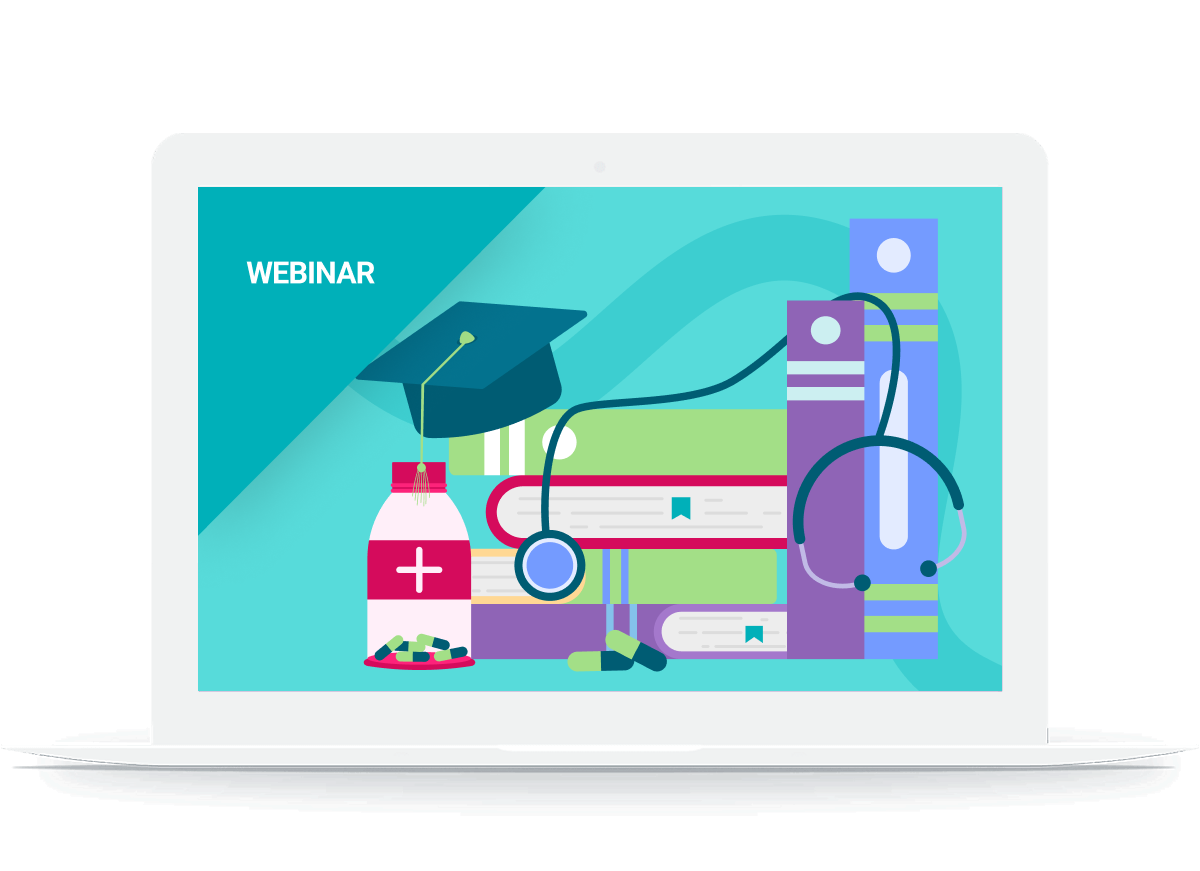
Your healthcare professionals are always looking for the latest options in Continuing Medical Education (CME). Ensure they continue returning to your program to meet their CME credit requirements by offering engaging, effective, and convenient CME courses.
Have questions on how to get started? Read our blog for tips on how to get started!
The importance of CME for healthcare professionals
Why is Continuing Medical Education (CME) so important to healthcare professionals? Healthcare professionals of all kinds including Nurse Practitioners (NPs), Physician Assistants (PAs), Psychologists, Pharmacists, Doctors, and more need CME to stay on top of the latest medical advancements and deliver the best care.
Here’s why healthcare professionals might seek CME to maintain competence and patient safety:
- Doctors: Physicians choose CME to stay informed about the latest advancements in their specialty areas (ex. neurology, cardiology, or urology). CME is also helpful in providing updates on diagnostic tools and new treatment methodologies.
- Physician Assistants: PAs might pursue CME in medical ethics, disease management, patient-centered care, or updated diagnostic methodologies.
- Nurse Practitioners: NPs might take CME in pharmacology, patient management, advanced diagnostic treatment, and emerging trends in specialties like pediatric, family or geriatric care.
- Psychologists: Psychologist could find CME to be valuable in understanding emerging trends in new therapeutic techniques, mental health and patient management strategies.
- Pharmacists: Pharmacists will find CME to be a useful resource in providing the latest updates on new drug information, changes in pharmaceutical regulations, and potential drug interactions.
Finding quality CME activities
As you seek to provide engaging CME activities for your healthcare professionals, look for recent scientific developments to include in your courses. When crafting your courses, always try to use the most updates medical research. Doing so will ensure students return to your program and trust your CME courses for the latest in reliable information.
To make your CME courses more relevant, try to make them more customizable, allowing a learner to tailor a course based on their field of practice. Additionally, if an educator can try to leverage interactive teaching methods, you’ll be more likely to foster active learning participation in your courses.
Try offering interactive features to drive engagement with your healthcare professional learners. Providing group chat, polling, Q&A, surveys, checkpoints, quizzing, and more will help your learners increase connections and go deeper in learning.
Types of CME activities
To engage more healthcare professionals, try offering virtual or hybrid options for your CME courses. The more you vary your CME course offerings, the more likely you are to reach your learners. By providing virtual and hybrid courses, you will accommodate your busy learners.
Here are some ways to get started offering engaging hybrid and virtual learning options:
- Hybrid learning: Hybrid learning refers to combining in-person and online learning principles for the best education experience. For a successful CME hybrid learning experience, try offering pre-recorded content and virtual assessments to engage your healthcare professionals.
- Online courses: On-demand courses are a great way to engage your virtual learners because they can complete the course independently, and whenever it is most convenient. With the right interactivity tools, online CME courses can still be an engaging experience for your learners.
- Conferences: Try leveraging your annual conference to reach your healthcare learners. You can livestream your event so virtual learners can view it or consider recording it to rebroadcast it to learners later.
- Webinars: You can use webinars to deliver high-quality CME content. If planned with care, your webinars can help you attract learners inside and outside your programs. Try leveraging CME webinars to broaden your program’s reach.
Accreditation and certification requirements
Your learning program will need to work within your state to meet requirements to ensure your CME courses are accredited and certified to meet the needs of your healthcare professionals. Consider reaching out to these important institutions to fully understand the requirements for different licensing boards and specialty certifications:
- The Accreditation Council for Continuing Medical Education (ACCME)
- The American Medical Association
Managing your CME journey
As you seek to offer engaging, effective, and convenient CME courses, your learning program will need the right technology to support your goals. Leveraging a learning management system (LMS) will empower your staff and set your healthcare professionals up for success. Here’s what to look for in an LMS:
- Video streaming: Offer live events through webinars or webcasts. Also provide rebroadcasts of previously live events, hosting them in on-demand formats so your healthcare professionals can learn whenever it’s convenient.
- Interactivity tools: Boost learner engagement with real-time discussion, polling, quizzes, checkpoints, assessments, and more.
- Credit tracking: Learning program staff can easily track CME course credit and issue certificates and credits as needed.
- Customization features: To match your learning program’s branding, look for an LMS that offers tools to build custom learning interfaces.
- Advanced integration: Ensure your learners experience a seamless experience with single sign-on, and integrations between your credits and courses, CME catalog, and shopping cart.
With the right LMS, you’ll be able to create a dynamic CME learning experience, providing valuable training opportunities and driving non-dues revenue. Leveraging technology can make it easier to boost learner retention and increase engagement.
